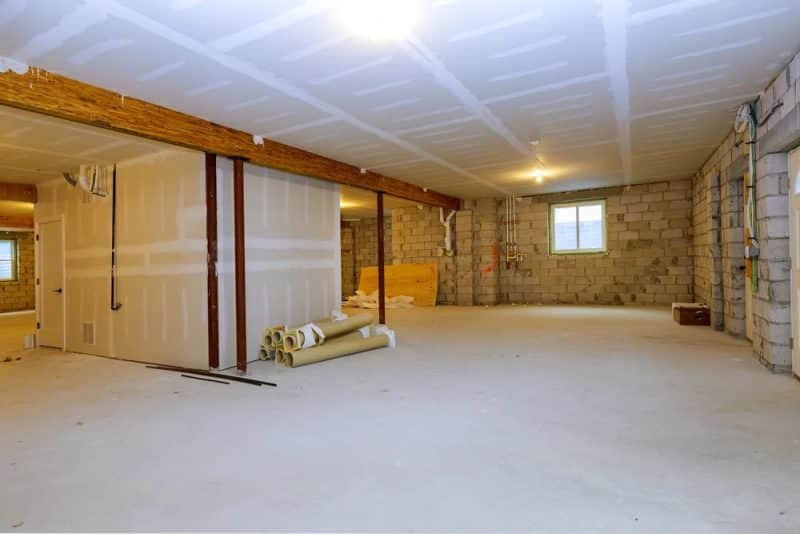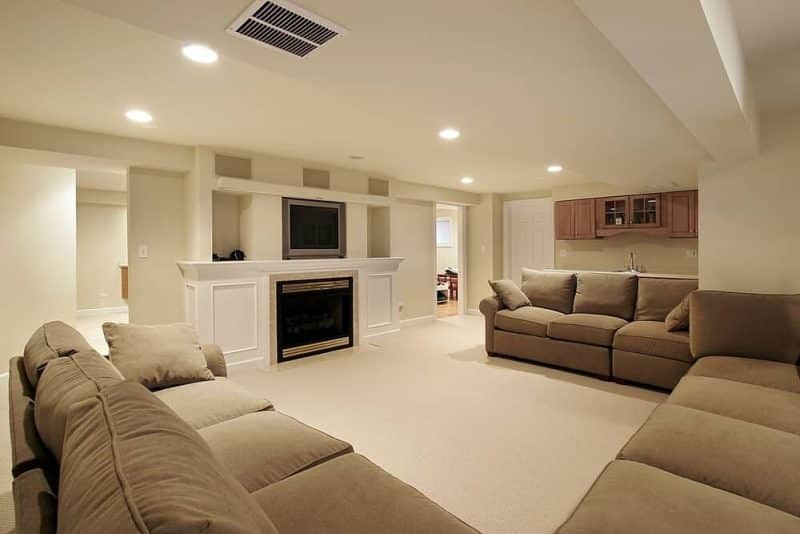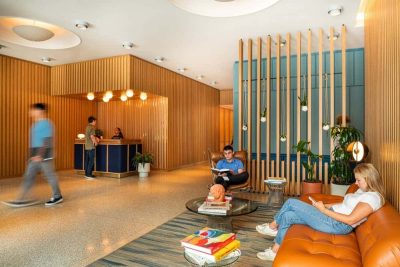
Basement renovations offer homeowners a fantastic opportunity to unlock the hidden potential of their homes, transforming underutilized space into functional, comfortable, and stylish living areas. Whether you’re planning to create a cozy family room, a home theater, a guest suite, or a practical home office, proper preparation is key to a successful basement renovation project. In this comprehensive guide, we’ll walk you through everything you need to know to prepare for basement renovations and ensure a smooth and successful remodeling experience.
Assess the Condition of Your Basement:
Before diving into a basement renovation project, it’s essential to assess the condition of your basement thoroughly. Check for any signs of water damage, mold, mildew, or structural issues such as cracks in the foundation or walls. Addressing these issues upfront will prevent them from becoming more significant problems down the road and ensure a solid foundation for your renovation project.
Determine Your Budget:
Establishing a realistic budget is crucial for any renovation project, including basement renovations. Consider factors such as materials, labor costs, permits, and unexpected expenses when setting your budget. Be sure to leave some wiggle room for contingencies and unexpected surprises that may arise during the renovation process. Remember that investing in quality materials and skilled labor pays off in the long run with a durable and high-quality finished product.
Define Your Goals and Priorities:
Take the time to define your goals and priorities for the basement renovation project. Consider how you envision using the space—whether it’s as a family hangout area, a home office, a fitness center, or a combination of functions. Think about the features and amenities you want to incorporate, such as built-in storage, a wet bar, a media center, or extra bedrooms. Clarifying your objectives upfront will help guide the design and planning process and ensure that the end result meets your needs and expectations.
Plan for Proper Functionality and Flow:
When designing your basement renovation, prioritize functionality and flow to create a space that is both practical and inviting. Consider how traffic will flow through the space and plan for clear pathways and designated zones for different activities. Arrange furniture and fixtures to optimize space utilization and create a comfortable layout that encourages relaxation and socializing. Incorporate storage solutions to keep the space organized and clutter-free, maximizing usability and enjoyment.
Address Waterproofing and Moisture Control:
Basements are prone to moisture infiltration and water damage, so it’s essential to address waterproofing and moisture control measures before starting the renovation project. Ensure that the basement is properly waterproofed and insulated to prevent water intrusion and maintain a dry and comfortable indoor environment. Consider installing a sump pump, French drain, or exterior waterproofing membrane to channel water away from the foundation and protect against flooding.
Obtain Necessary Permits and Approvals:
Depending on the scope of your basement renovation project, you may need to obtain permits and approvals from your local building department or homeowners’ association. Research the permitting requirements in your area and ensure that you obtain all necessary permits before starting construction. Working without the proper permits can result in fines, delays, and legal headaches, so it’s essential to follow the proper channels and obtain approval for your renovation project.
Hire a Qualified Contractor or Designer:
While some homeowners may choose to tackle basement renovations themselves, hiring a qualified contractor or designer can streamline the process and ensure professional results. Look for contractors or designers with experience in basement renovations and a portfolio of successful projects. Obtain multiple quotes and conduct interviews to find a contractor or designer who understands your vision and can bring it to life within your budget and timeline.
Plan for Proper Lighting and Ventilation:
Basements often lack natural light and ventilation, so it’s essential to plan for adequate lighting and ventilation solutions in your renovation project. Consider installing recessed lighting, track lighting, or pendant lights to brighten the space and create a welcoming atmosphere. Additionally, ensure that the basement has proper ventilation to prevent musty odors and promote air circulation. Consider installing exhaust fans, HVAC vents, or operable windows to improve air quality and comfort in the basement.
Consider Future Needs and Trends:
When planning your basement renovation, consider future needs and trends to ensure that your space remains relevant and functional for years to come. Think about how your lifestyle may change over time and incorporate flexible design elements that can adapt to evolving needs. Stay up to date on current design trends and incorporate elements that add value and appeal to your basement renovation project.
Things Required for Basement Renovations
Basement renovations require careful planning and consideration of various factors to ensure a successful outcome. Here are some essential things required for basement renovations:
- Waterproofing and moisture control products to prevent water damage and mold growth.
- Insulation materials to improve energy efficiency and maintain comfortable indoor temperatures.
- Structural reinforcements to address any existing issues such as cracks or instability.
- Lighting fixtures and electrical wiring to illuminate the space and provide functionality.
- Flooring materials such as carpet, hardwood, laminate, or tile to enhance the aesthetics and durability of the basement.
- Wall finishes such as drywall, paneling, or paint to create a finished and cohesive look.
- HVAC systems or heating solutions to ensure proper climate control and ventilation.
- Plumbing fixtures and drainage systems for bathrooms, wet bars, or laundry areas.
- Furniture, decor, and accessories to personalize the space and make it comfortable and inviting.
- Permits and approvals from local authorities to ensure compliance with building codes and regulations.
Final Words:
Preparing for basement renovations requires careful planning, attention to detail, and a clear vision for the space. By assessing the condition of your basement, establishing a realistic budget, defining your goals and priorities, planning for proper functionality and flow, addressing waterproofing and moisture control, obtaining necessary permits and approvals, hiring qualified professionals, planning for proper lighting and ventilation, and considering future needs and trends, you can set the stage for a successful renovation project that transforms your basement into a beautiful and functional living space. With proper preparation and careful execution, your basement renovation project has the potential to enhance your home’s value, appeal, and livability for years to come.









